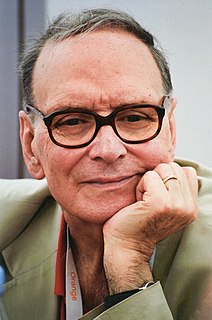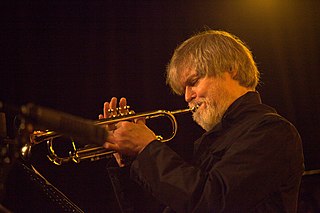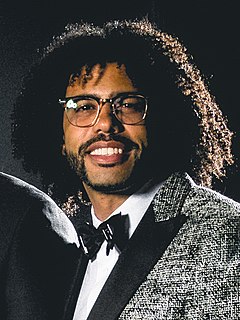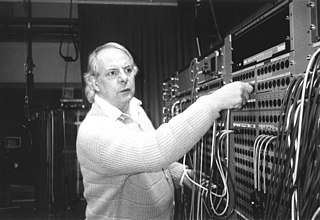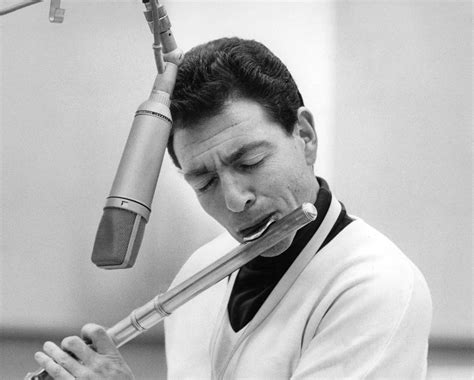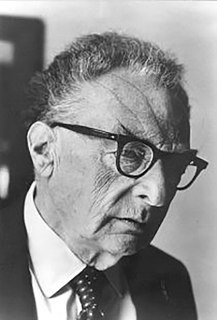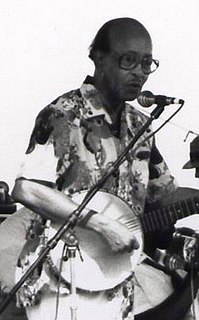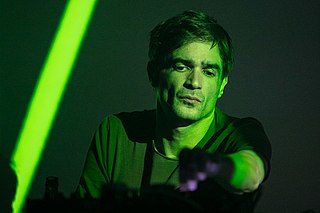A Quote by Ennio Morricone
I come from a background of experimental music which mingled real sounds together with musical sounds.
Quote Topics
Related Quotes
One of my pleasantest memories as a kid growing up in New Orleans was how a bunch of us kids, playing, would suddenly hear sounds. It was like a phenomenon, like the Aurora Borealis -- maybe. The sounds of men playing would be so clear, but we wouldn't be sure where they were coming from. So we'd start trotting, start running-- 'It's this way! It's this way!' -- And sometimes, after running for a while, you'd find you'd be nowhere near that music. But that music could come on you any time like that. The city was full of the sounds of music.
